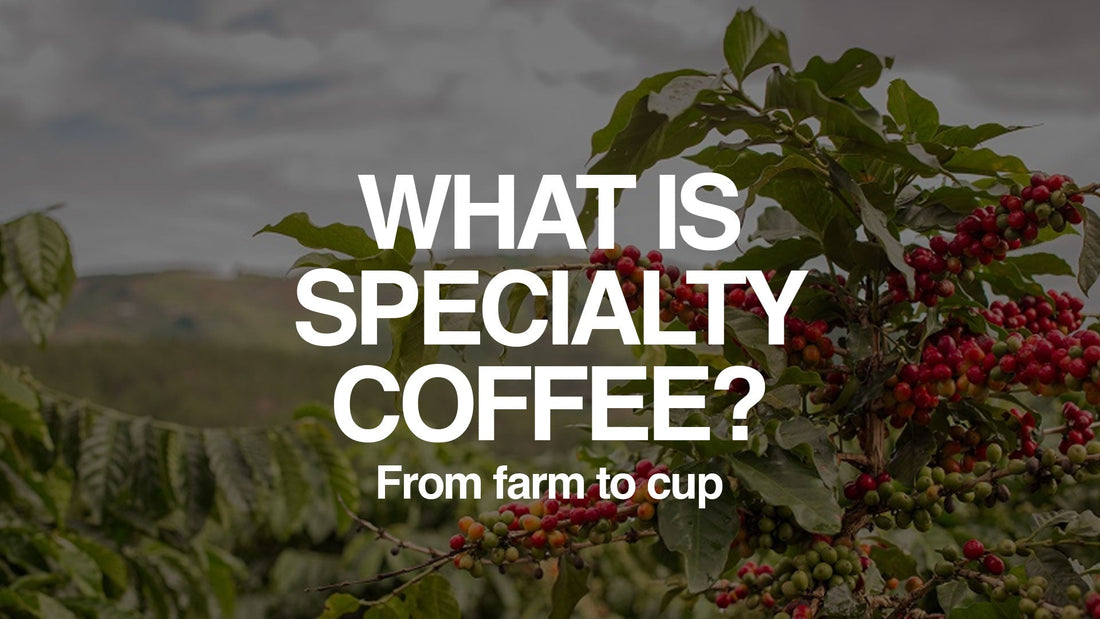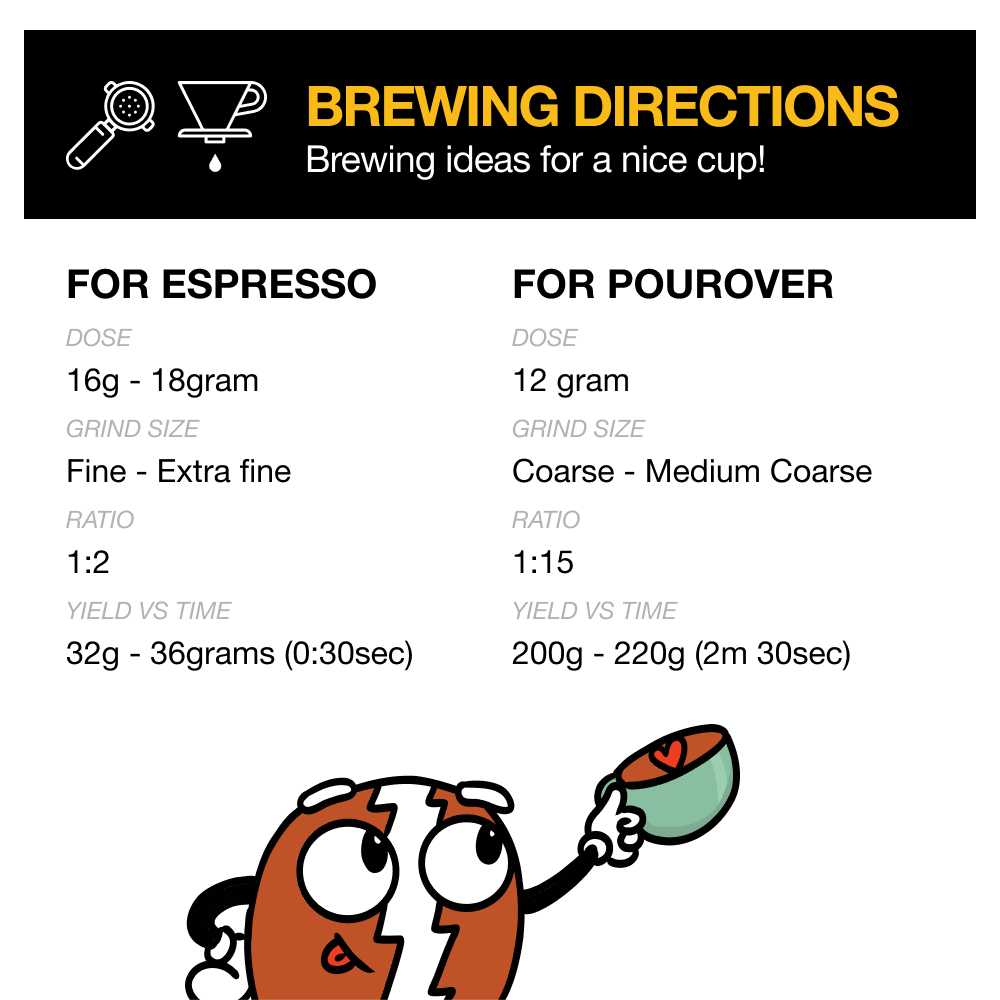
What is Specialty Coffee?
Share
If you’ve ever walked into a café and seen “Specialty Coffee” on the menu, you might have wondered—what makes it so special? Is it just a fancy way of saying “good coffee”? Well, yes and no. Specialty coffee isn’t just about taste; it’s about quality, process, and a level of care that starts from the farm and ends in your cup.
It Starts with the Beans
Specialty coffee begins at the source—literally. These are high-quality Arabica beans grown in ideal conditions, often at high altitudes, with farmers paying meticulous attention to cultivation. Every step, from soil health to harvesting, is monitored to ensure only the best cherries are picked. Unlike commercial coffee, which is mass-produced, specialty coffee is all about precision and excellence.
The Grading System
Not all coffee can be called “specialty.” The Specialty Coffee Association (SCA) has a grading system where beans are assessed on factors like flavor, aroma, acidity, body, and balance. For coffee to be classified as specialty, it must score 80 points or higher out of 100. That’s like getting an A+ in coffee school. Defects? Practically none. This is why specialty coffee tastes so much cleaner and more refined compared to regular coffee.
The Processing Matters
After harvesting, the beans go through different processing methods—washed, natural, or honey-processed. Each method impacts the final flavor profile. For example, natural-processed coffees, like some Ethiopian beans, tend to have fruitier and wilder flavors, while washed coffees highlight clarity and acidity. This is where coffee starts to get really exciting because the same bean can taste wildly different depending on how it’s processed.
Roasting for Flavor
Specialty coffee is roasted with precision. Unlike commercial coffee, which is often roasted dark to mask defects, specialty roasters aim to bring out the bean’s natural flavors. This is why you’ll often see tasting notes like “peach, jasmine, and honey” or “dark chocolate and red berries” on a bag of specialty coffee. These flavors aren’t added—they’re naturally there, just unlocked through careful roasting.
Brewing It Right
Even after all that effort, specialty coffee won’t shine unless it’s brewed properly. Whether it’s a pour-over, espresso, or French press, brewing specialty coffee requires a little more attention to grind size, water temperature, and extraction time. It’s not about making coffee complicated—it’s about making it better.




